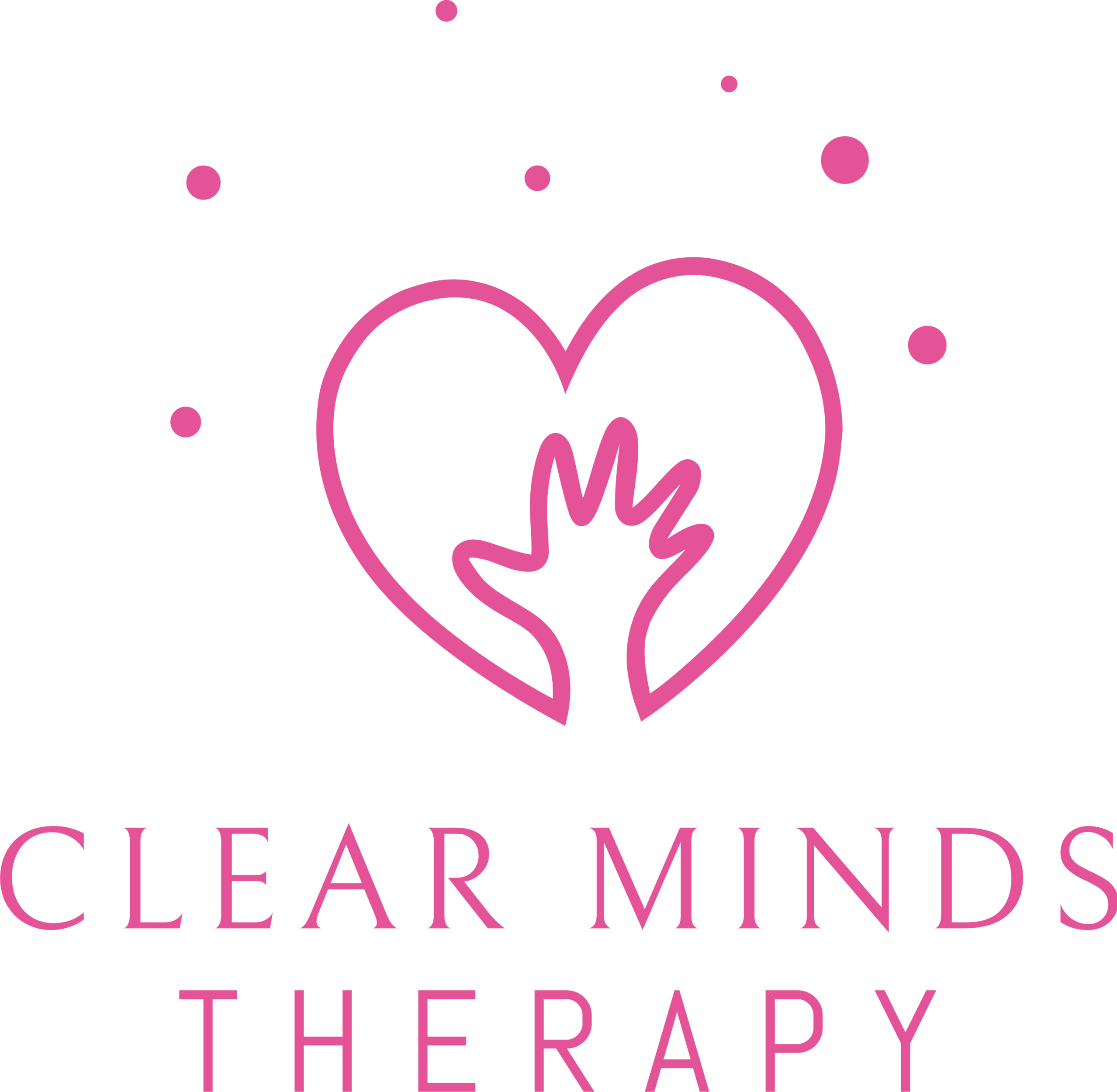
Counselling: A Guide to Mental and Emotional Well-being
Counselling is a professional service that helps individuals, families, and groups work through personal, emotional, or psychological issues. It provides a supportive and confidential environment where people can explore their thoughts and feelings, identify challenges, and develop coping strategies. Counselling is an essential tool for mental health, offering guidance in various aspects of life, including relationships, career choices, trauma, and personal development.
Types of Counselling
Counselling is diverse and caters to various needs. The primary types include:
- Individual Counselling: This is a one-on-one session where a counsellor helps a person explore their emotions, thoughts, and behaviours to achieve personal growth and overcome challenges.
- Couples Counselling: Designed for partners in relationships, this type of counselling addresses communication issues, conflicts, and other relational concerns.
- Family Counselling: This involves multiple family members and focuses on improving relationships, resolving conflicts, and creating a healthy family dynamic.
- Career Counselling: This helps individuals choose or change their careers based on interests, strengths, and market demands.
- Grief Counselling: Aimed at helping individuals cope with loss and bereavement, grief counselling provides support in processing emotions and adapting to life after a loss.
- Trauma Counselling: This is specialized support for individuals who have experienced traumatic events, such as abuse, accidents, or natural disasters.
- Substance Abuse Counselling: Focused on addiction recovery, this type of counselling helps individuals overcome dependency on drugs or alcohol and rebuild their lives.
The Importance of Counselling
Counselling is vital for mental and emotional well-being for several reasons:
- Emotional Support: Counsellors provide a non-judgmental space where individuals can express themselves freely.
- Problem-Solving Skills: Through counselling, individuals develop strategies to tackle life’s challenges effectively.
- Improved Communication: Many issues arise due to poor communication. Counselling enhances interpersonal skills, improving relationships and professional interactions.
- Stress and Anxiety Management: Counsellors help clients identify stressors and teach them techniques to manage anxiety and stress.
- Self-Awareness and Growth: Counselling encourages introspection, helping individuals understand their emotions and behaviours better.
- Mental Health Improvement: Conditions like depression, anxiety, and PTSD can be managed effectively through counselling.
- Behavioural Change: Counselling can help individuals modify negative habits and develop healthier coping mechanisms.
The Role of a Counsellor
A counsellor plays multiple roles, including:
- Listener: Actively listening to clients without judgment.
- Guide: Providing insights and perspectives to help clients navigate challenges.
- Facilitator: Encouraging self-exploration and helping clients find their own solutions.
- Educator: Teaching coping skills, emotional regulation, and problem-solving techniques.
- Supporter: Offering encouragement and reassurance during difficult times.
The Counselling Process
The counselling process typically involves several stages:
- Initial Assessment: The counsellor gathers information about the client’s concerns, background, and goals.
- Establishing Trust: Building a rapport between the counsellor and client is crucial for effective communication.
- Intervention Strategies: The counsellor employs techniques and therapeutic approaches tailored to the client’s needs.
- Evaluation and Reflection: Progress is assessed, and adjustments are made to strategies if necessary.
- Termination: Counselling concludes when the client has achieved their goals and feels confident in managing their issues independently.
Common Counselling Techniques
Different counselling approaches are used based on the client’s needs and the counsellor’s expertise. Some popular techniques include:
- Cognitive Behavioural Therapy (CBT): Focuses on changing negative thought patterns to influence behaviour positively.
- Person-Centred Therapy: Encourages self-exploration in a supportive and non-directive environment.
- Psychoanalytic Therapy: Explores unconscious thoughts and past experiences to understand present behaviour.
- Mindfulness-Based Therapy: Uses meditation and awareness techniques to manage stress and anxiety.
- Solution-Focused Therapy: Concentrates on finding solutions rather than dwelling on problems.
Challenges in Counselling
Despite its benefits, counselling faces several challenges, including:
- Stigma: Many people avoid counselling due to misconceptions about mental health.
- Accessibility: Quality counselling services may not be available or affordable for everyone.
- Client Resistance: Some individuals may struggle to open up or accept help.
- Cultural Differences: Counsellors must be culturally competent to understand diverse perspectives and experiences.
Counselling is a powerful tool for mental and emotional well-being. It provides individuals with the support, skills, and strategies needed to navigate life’s challenges effectively. Whether addressing mental health conditions, relationship issues, or personal growth, counselling plays a crucial role in enhancing quality of life. As awareness about mental health continues to grow, it is good to embrace counselling as an aspect of holistic well-being. Seeking help should be seen as a sign of strength, not weakness, and investing in mental health through counselling can lead to a more fulfilling and balanced life.
